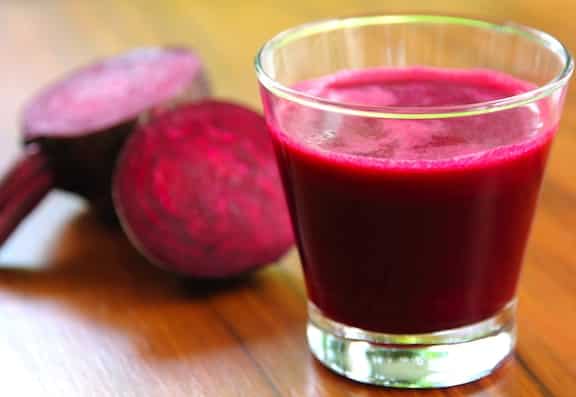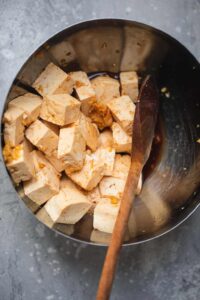Excerpted from Becoming Vegan: Comprehensive Edition by Brenda Davis, RD and Vesanto Melina, MS, RD © 2014 The Book Publishing Co. Reprinted by permission. Although the value of sports drinks is hotly debated within scientific and athletic communities, most experts agree that for the average active consumer, hydrating with water is preferable.
For inactive consumers, sports drinks can serve as one more source of empty calories. However, such drinks can play a useful role in refueling and rehydrating endurance athletes or people who participate in intense activities that last for more than an hour.
Sports drinks contain water, sugar and other sweeteners, electrolytes (e.g., sodium, chloride, and potassium), colors, flavors, preservatives, and sometimes vitamins and minerals. They’re often categorized as isotonic, hypotonic, or hypertonic, based on the amount of carbohydrate they contain. Isotonic drinks are 6 to 8 percent carbohydrate; they can help athletes quickly replace fluids lost by sweating and provide a boost of energy. They’re the beverage of choice for endurance athletes (e.g., distance runners, triathletes, soccer players) who engage in activities that last an hour or more.
Hypotonic beverages contain only 3 to 4 percent carbohydrate, and are useful for athletes who need fluid and electrolytes, but not extra calories (e.g., gymnasts and wrestlers). Hypertonic beverages contain the greatest amount of carbohydrate (often 10 percent or more). They’re generally reserved to boost glycogen stores after exercise, although some ultra-endurance athletes use isotonic beverages to replace fluids and hypertonic beverages to meet high needs for energy.
For athletes who prefer to avoid sports beverages, coconut water, vegetable juices, homemade sports drinks, or a combination of solid foods and water provide reasonable options. Coconut water’s sodium and carbohydrate content is lower than that generally recommended for endurance events, but athletes can combine coconut water with vegetable juices for an excellent balance. Coconut water and fruit juice combinations are also available and are significantly higher in carbohydrates than plain coconut water. Homemade sports drink recipes (generally containing fruit juice, water, sugar, and salt) are also accessible online.
Recent research suggests that due to its nitrate content, beet juice may enhance performance by reducing the amount of oxygen needed during exercise. Beets aren’t the only nitrate-rich vegetable— arugula, spinach, Swiss chard, collard greens, bok choy, radishes, carrots, rhubarb, and celery also provide hefty doses.
Brenda Davis and Vesanto Melina are both Registered Dieticians and sought-after speakers. For more information on their work, go to BecomingVegan.CA.
- For related information, see The High Performance Vegan Athlete: It is Possible! by Brendan Brazier.







ankit kumar says
Hello, I tried these energy drinks recipe and it works just awesome. It is far better than all those chemical flavored energy drinks in the market. Thanks for sharing.